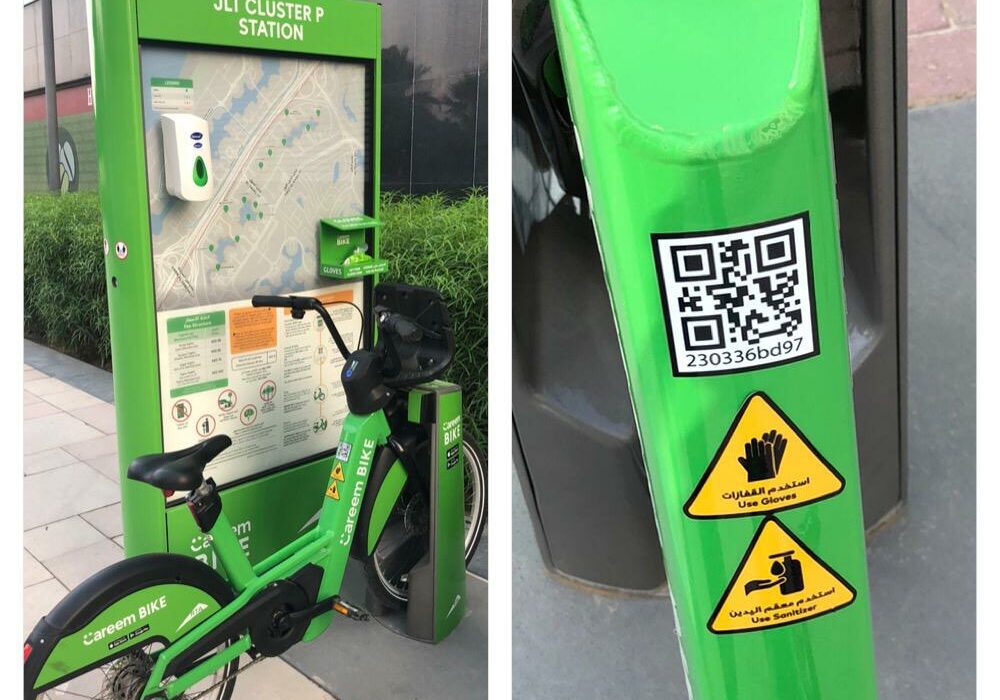Another month, another blog post on social value along with suggestions of how public transport companies can maximise social value. For a copy of the infographic please download it from here.
What is Social Value?
The Social Value Act (PPN 06/20) came into force on 1st January 2021, overshadowed by COVID-19 lockdown and Brexit. The UK Government and English Local Authorities are beginning to add social value considerations into public sector tenders covering rail, bus, bike and even electric scooters.
Note that the Social Value Act (PPN 06/20) does not apply in Wales or Scotland. Social value requirements are covered by the Future Generations Act 2015 (Wales) and Procurement Act 2014 (Scotland).
Social value aims to quantify all the intangible parts of bids using social return on investment. Most tenders I have seen to date (August 2021) ask for information about the various social value indicators ranging from carbon emissions to staff training to COVID-19 relief efforts.
For more detail about social value, please see our useful social value download in the download section: Getting started in Social Value https://surbonconsulting.com/downloads/
Is Social Value a term used outside the UK?
This is very much a UK-specific piece of legislation. However, as concern about the negative effects of man made climate change intensifies, I wouldn’t be surprised if some form of social value requirements are added to tenders across Europe in the next couple of years.
How does this apply to public transport companies?
Public transport companies earn a large proportion of their revenue from government and local authorities so any new regulation that affects business development and operations is of interest.
How can transport companies maximise their social value scheme?
The majority of public transport companies that I have worked with lease assets and headquarters and the opportunities for large capital spend are low. The suggested areas of focus are:
- Staff – Training, recruitment and recording of this information is key. Many businesses train staff but struggle to provide evidence and feedback on effectiveness of this training.
- Supply chain – Greater knowledge of supply chain spend and location is extremely important to provide updates. Advertising opportunities on public procurement portals and including the opportunity for third sector organisations such as charities and social enterprises.
- Social Value Policy – A Social Value Policy helps to summarise a position on social value, supporting both operations and business development.
Is it effective?
Social Value is not an add on to the existing role of environment/sustainability lead but needs to involve at the very least procurement, HR, commercial and operations support to get traction (forgive the transport pun!) and linked with commercial reporting metrics.
Read More

Speaking on electric buses in Dubai, February 2023

Franchise Change Manager, KeolisAmey Cymru Mobilisation

Fellowship of Chartered Institute of Logistics and Transport

Presenting at UITP Public Transport Fundamentals Course, Feb 2023

Careem ebikes in Dubai – the easy way to cycle

Canary Wharf Festival of Light encourages walking




